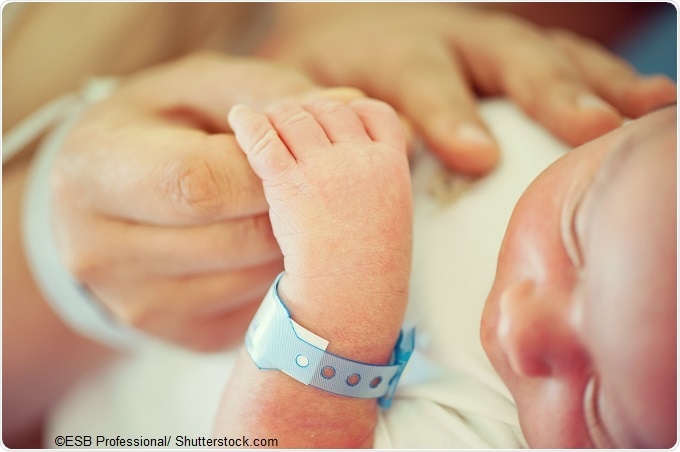The risk of babies being born with major birth defects increases, the more overweight or obese a mother is, according to a Swedish study.
The authors of the research say their findings “underline the importance of having a maternal BMI in the normal range before pregnancy” and that efforts should be made to encourage women of reproductive age to adopt a healthy lifestyle and obtain a normal body weight before conception.

Previous studies have already established that maternal obesity is a risk factor for congenital malformations, but Martina Persson (Karolinska Institute, Stocklhom) and colleagues wanted to investigate whether overweight was also a risk factor and whether that risk rose with increasing BMI.
The team analyzed medical birth records made between 2001 and 2014 for more than 1.2 million births in Sweden. The records contained information on pregnancy characteristics, along with any cases of major congenital malformation and a number of organ-specific malformations that were diagnosed during infants’ first year of life.
As reported in the British Medical Journal, about 3.5% of the babies had a major congenital malformation, the most common being heart defect, followed by defects of the genitals, limbs, urinary system, digestive system and nervous system.
Compared normal weight (BMI 18.5 to 24) mothers, the risk for any major congenital malformation when mothers were overweight (25 to 29) was 3.5%; for class I maternal obesity (BMI 30 to 34) the risk was 3.8% risk; for class II (35 to 39) it was 4.2% and for class III (40 or more) it was 4.7%.
The risk for heart defects, nervous system malformations and limb defects also rose progressively as BMI increased from overweight to class III obesity and maternal obesity was associated with an increase in genital and digestive system malformations.
Jacque Gerrard, director for England at the Royal College of Midwives, says healthcare professionals should be involved in informing women and their families about the risks: “In particular, midwives are ideally placed to support and advise women about healthy eating and weight gain during pregnancy.”
Gerrard also warns that greater priority needs to be placed on prevention interventions such as providing women with support and evidence-based information about the importance of healthy eating before and during pregnancy, as well as the benefits of taking appropriate exercise.